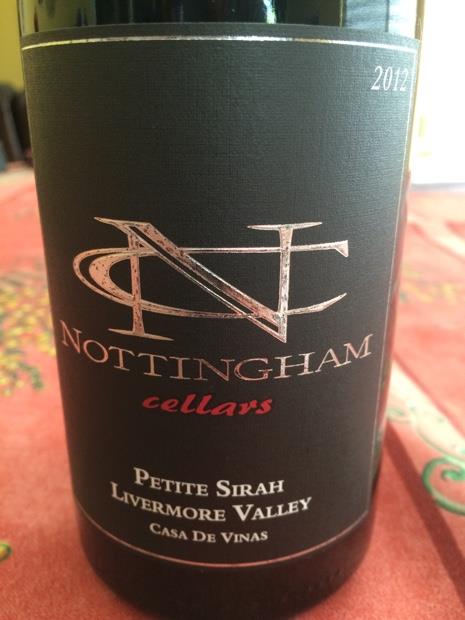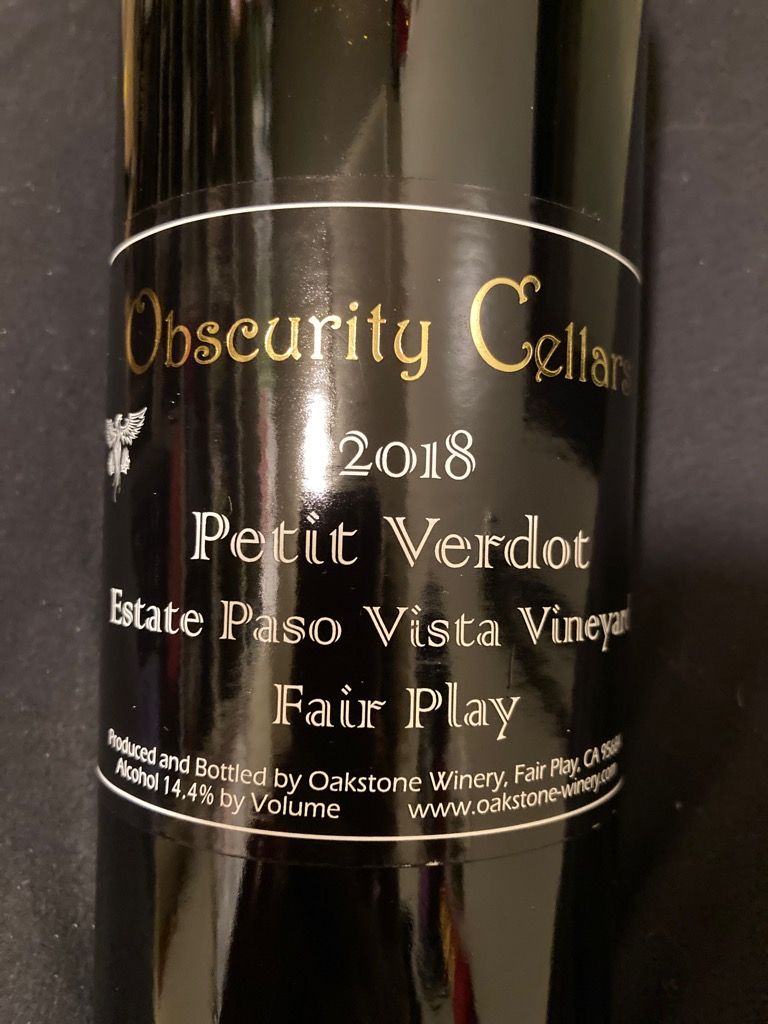

The estate has as 28 acres under vine, 22 of which are in production. Opened in 2005, it is owned by John Kent Cooke (son of ex-Washington Redskins' owner Jack Kent Cooke) and his wife Rita and is managed by their daughter Rachel Martin.

Boxwood Estate Winery grew from a well-known horse farm and home of General Billy Mitchell, a pioneer of military aviation. With an ethos of producing elegant and complex wine that truly expresses the terroir, the winery name is derived from the Roman historian Pliny the Elder’s observation 'In Vino Veritas' (In Wine there is Truth). Owners Andrew and Patricia Hodson left behind their medical careers to pursue a vision of making great wine in Virginia. Veritas Vineyards and Winery is a family business that began in 1999 with five acres and has grown to encompass over 50 acres of vineyards. Other wineries have since established themselves on the global stage too. The first in the state to plant and successfully establish vitis vinifera vines, Barboursville currently has 126 acres of vines and consistently gains international recognition. So, in 1976, he established the renowned Barboursville Vineyards, located on the estate of Jefferson's good friend James Barbour, Governor of Virginia in the early 19th century.

Indeed, in the 1970s, Gianni Zonin, head of the Zonin family which owns vineyards throughout Italy, saw untapped potential in this American state which shares a similar latitude to Sicily. After switching successfully to native American vines, Virginia's wine industry subsequently stalled during the Prohibition era before being resurrected in the second half of the twentieth century, influenced again by European viticulture. The history of attempts at winemaking in the area dates back to the time of Thomas Jefferson, whose efforts to grow European grapes ultimately failed. Standout vintages include 2009, which was warm rather than hot, producing very elegant wines and 2010, which in contrast was dry and hot, allowing grapes to ripen early, producing luscious, opulent wines. A wide range of red and white varieties are grown, including Chardonnay, Viognier, Cabernet Franc, Merlot and many other 'noble grapes'. The state currently has 275 wineries within seven viticultural areas, a temperate climate spread across five distinct climate regions and a variety of well-drained soils from granite in the west to sandy loam in the east, all contributing to excellent grape growing conditions. Only last year, the International Wine Review commented on the impressive progress the region has made in producing quality wine and its rising number of boutique wineries. cost less than $10 a bottle, none of the Virginian wines falls into this category with $15, $20 or $30 being normal. To put this into context, last year 624,000 cases of Virginian wine were sold, which would equate to the output of three medium-size Californian wineries! Additionally, whereas 90% of wines sold in the U.S. Virginia is known for its production of niche (that's good niche!), high quality wines in relatively limited quantities. There's price niche, quality niche, 'keep it quiet' niche and any other niche you could think of, but with wine, is it the country or region where it's from or the outlets where it's sold that make it niche? One lesser known wine region whose offerings are unlikely to be found in multiple retailers, but which is becoming increasingly recognised for its shining quality is Virginia, the fifth largest grape producing state in the USA. There's good niche and there's bad niche.


 0 kommentar(er)
0 kommentar(er)
